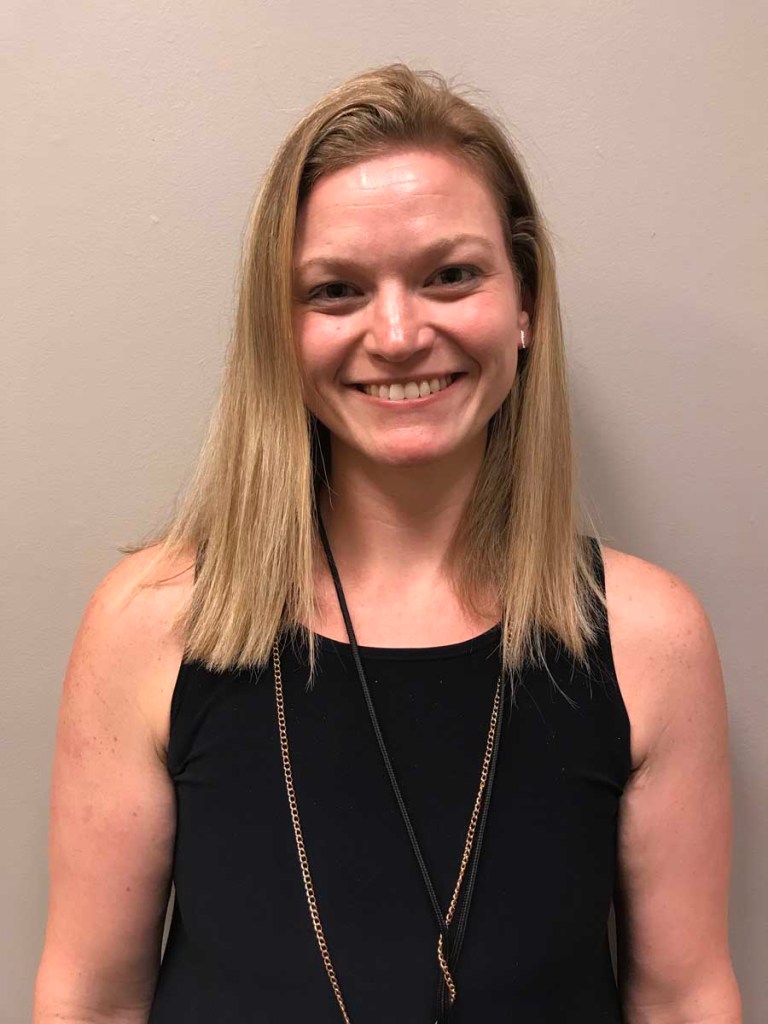Student mental health concerns addressed by Georgia Pines staff
Published 4:51 pm Wednesday, May 30, 2018

- Kristen Benfield
THOMASVILLE — High school years are not about football games, prom and academic success for all students.
Some deal with conditions ranging from suicidal thoughts and suicide attempts to sexuality and gender identity, said Kristen Benfield, Georgia Pines Georgia Apex Project (GAP) Team leader.
Trending
Some students experience problems in the home environment and have no contact with the biological family. The situations can result in the cutting of wrists and stabbing oneself, Benfield said.
The GAP team works with students on school campuses, alongside school guidance counselors and administrators, to provide mental health services to students.
“We’re in 33 schools,” said Heather Hatchett, Georgia Pines chief executive officer.
Thomasville-based Georgia Pines, which has the largest GAP statewide, is in its third year.
In addition to Thomas County and Thomasville city public school systems, GAP is in schools in Grady, Colquitt, Decatur and Seminole counties and in Pelham city schools.
“The Thomas County School System is very grateful for our partnership with the Georgia Pines Community Service Board in the implementation of the Georgia Apex Project in our schools,” said Dr. Lisa Williams, Thomas County Schools associate superintendent. “The Georgia Apex Project, which is supported by the Office of Children, Young Adults and Families in with the Department of Behavioral Health, aims to reduce the number of youth with unmet mental health needs which often contribute to poor academic performance.
Trending
“The Thomas County Board of Education and Georgia Pines Community Service Board will continue to work together to improve access to mental health services for our students while developing a coordinated response to addressing the emotional and behavioral health needs in our schools,” Williams added.
Dr. Laine Reichert, Thomasville city schools superintendent, said many students today bring emotional and social issues to school. The students are ill-equipped to handle to problems themselves, she said.
“Without the assistance of Georgia Pines and other mental health care assistants, these students could not fully participate in the learning process,” Reichert said. “We are very thankful for our partnership with Georgia Pines.”
School employees refer students for counseling. Hatchett said students also may be referred by parents.
“It’s voluntary,” Benfield interjected.
Counseling is provided for students dealing with transgender, bisexuality, lesbian and gay concerns.
Because they text as a primary means of communication, some students do not know how to communicate verbally, according to mental health specialists.
Hatchett said in adults and children, depression is manifested in anger and negative behavior that affects grades and school attendance.
Teens lose interest in activities they previously enjoyed, said Benfield, adding that they might become involved in actions that draw the attention of law enforcement.
Academic competition and peer pressure bear down on students, Hatchett said.
A summer mental health program for students is at Thomas County Middle School. Breakfast and lunch will be served to participants, who will be transported by Thomas County school buses.
“They ride the same buses as the summer school kids,” said Samantha Boatwright, GAP team leader. “They try to base it on the kids that come.”
In reference to school shootings, Boatwright said some students ask, ” ‘Can this happen to me?’ “
When some students become upset after school shootings, school safety measures are explained.
Students deal with other trauma, such as physical and sexual abuse or the loss of parents.
Hatchett said early prevention is mandatory if a troubled teen is to become a well-adjusted adult.
Senior reporter Patti Dozier can be reached at (229) 226-2400, ext. 1820


